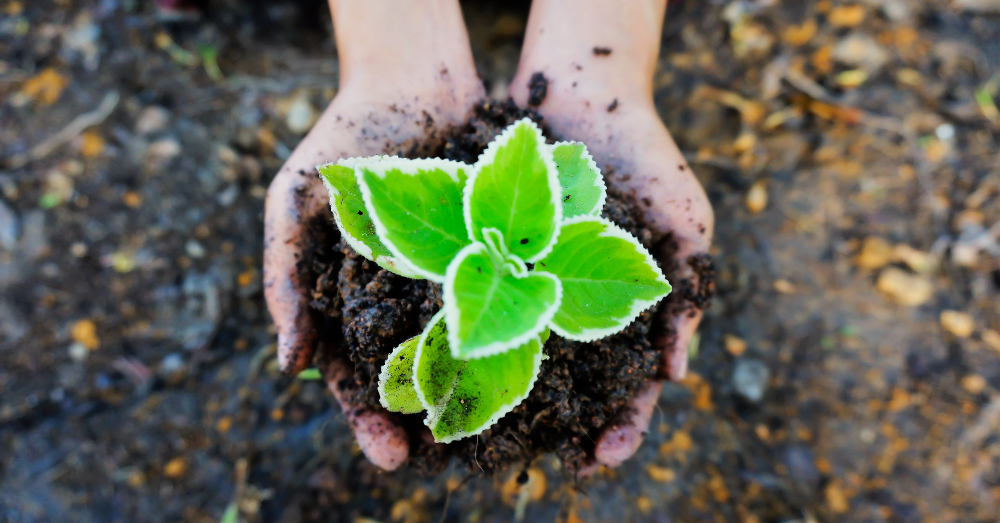
The Effects of Biodynamic Farming on the Environment and Food Quality
Eating real, nonprocessed food is the key to sustaining good health, but even when it comes to whole food, its quality is largely determined by how it was grown. Certified organic food is recommended to avoid toxic contaminants such as pesticides.
October 15, 2017 | Source: Mercola.com | by Dr. Joseph Mercola
Eating real, nonprocessed food is the key to sustaining good health, but even when it comes to whole food, its quality is largely determined by how it was grown. Certified organic food is recommended to avoid toxic contaminants such as pesticides. But even organic foods may be lacking in important nutrients if grown in nutrient-poor soils. To truly build good topsoil, you have to implement regenerative farming methods, many of which are not automatically required by organic standards.
Biodynamic certification, which is a step above organic, is the topic of today’s discussion with Elizabeth Candelario, managing director for Demeter,1 a global Biodynamic certification agency. Candelario spent most of her career in the wine industry. While she was working as a marketing director for a winery in Sonoma County, the winery decided to transition from conventional to Biodynamic farming, which is how her interest in Biodynamics began.
“Here in the United States, the wine industry was the early adopter in Biodynamic,” Candelario says. “The reason for that was really twofold. One is winemakers couldn’t help but notice that the best wines in the world were coming from Biodynamic vineyards, wineries like Domaine de la Romanée-Conti and Zind-Humbrecht. Another reason is that a lot of wineries, at least back in the day, were family-owned…
You had winery families that were interested in passing that winery down from one generation to the next. The best example of that is the Frey Vineyards up in Mendocino County, where they literally have four generations of family living [there] … They were really thinking about the ecological aspect of what they were doing and how they were farming. So, it wasn’t unique that the winery I worked at chose [Biodynamic] …
That experience — I not only witnessed the transformation of the estate, but I also witnessed a transformation in the people we were working with — was, for me, emerging between my career [in] the wine industry and my interest in social mission … I joined Demeter about almost 10 years ago.”
